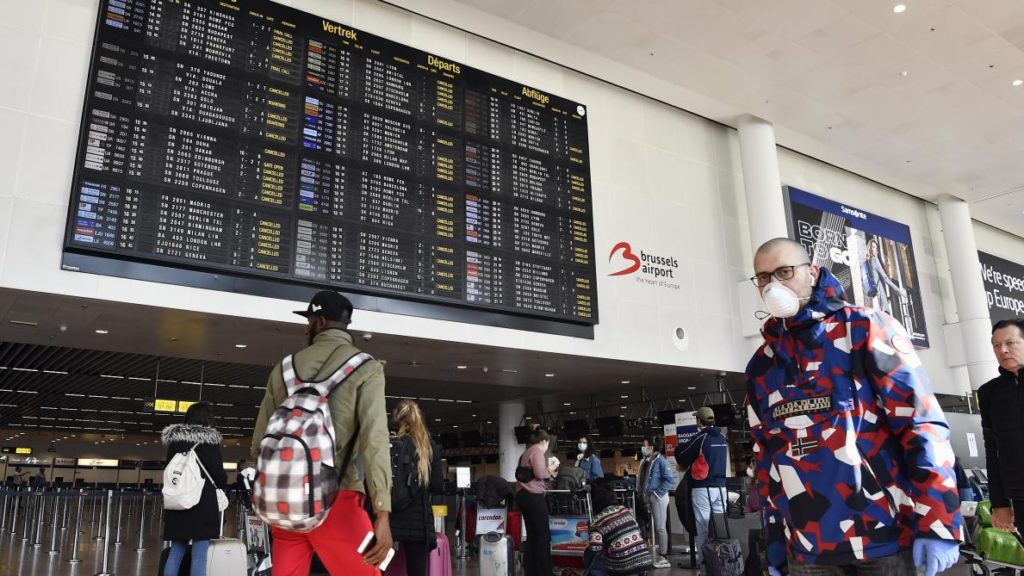The European Commission launched on Monday an online platform on information for resuming free movement and tourism in the EU. The initiative follows the Commission’s recommendation last week to lift internal border controls by 15 June 2020.
The platform was one of the measures announced by the Commission in its tourism and transport package in May and aims at helping people to plan their travels and holidays during the summer and beyond while respecting the necessary health precautions. The information is available in the 24 official EU languages.
Related News
- First post lockdown flight takes off from Brussels Airport
- Belgians can travel in Europe from Monday
- Cheat-Sheet: Where can we travel to?
It provides information on borders, available means of transport, travel restrictions, public health and safety measures, such as on physical distancing or wearing of facemasks, as well as links to practical tourism information for travellers in all EU member states. United Kingdom has not made a request to participate in the platform.
The information is based on the most recent available data provided by the member states and is continuously updated.
By clicking on “destination”, the user arrives at his country of choice and will immediately know if it is possible to enter or exit it for tourism and if mandatory quarantine or a medical certificate, such as a negative test, is necessary. For more detailed information if travel is possible from one country to another country, for example from Belgium, the traveller would have to consult travel advice issued by his own home country.
Some countries are open to most other member states but usually they have limited free movement to those in a similar epidemiological situation after the gradual lifting of the lockdowns. In a first phase, internal border restrictions should be lifted while external borders are still closed. A ban on non-necessary travel for non-EU citizens is in place until 30 June.
The Commission advised (11 June) that travel restrictions should be lifted in a coordinated way for countries selected together, based on objective criteria including the health situation, the ability to apply containment measures during travel, and reciprocity considerations, taking into account data from health authorities.
Asked by The Brussels Times about the role of the Commission in coordinating the opening of the borders, the chief spokesperson replied that the Commission has been involved to the extent possible within its mandate. The Commission is in contact with all member states but it is their responsibility and they may apply the criteria differently.
M. Apelblat
The Brussels Times

